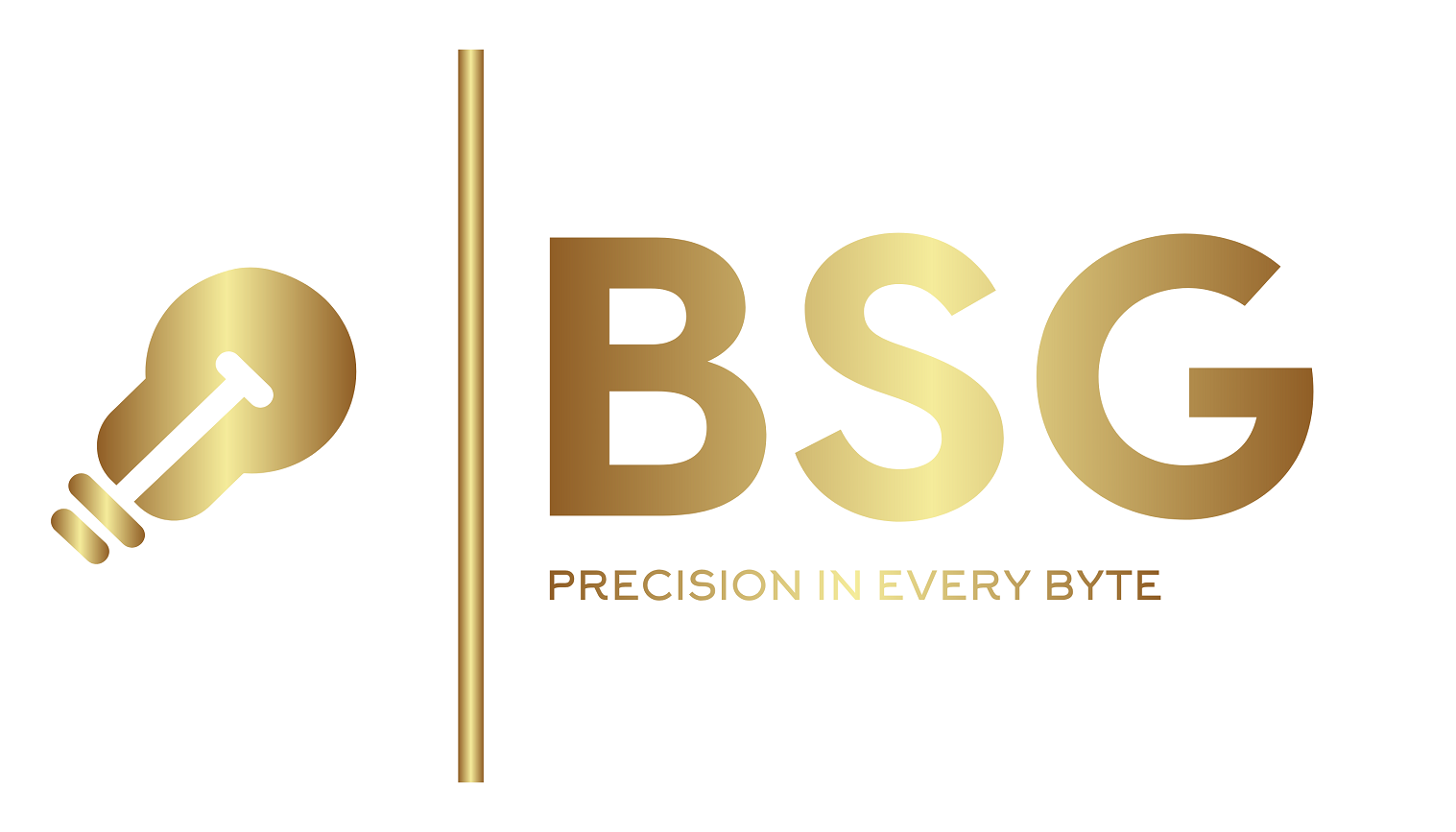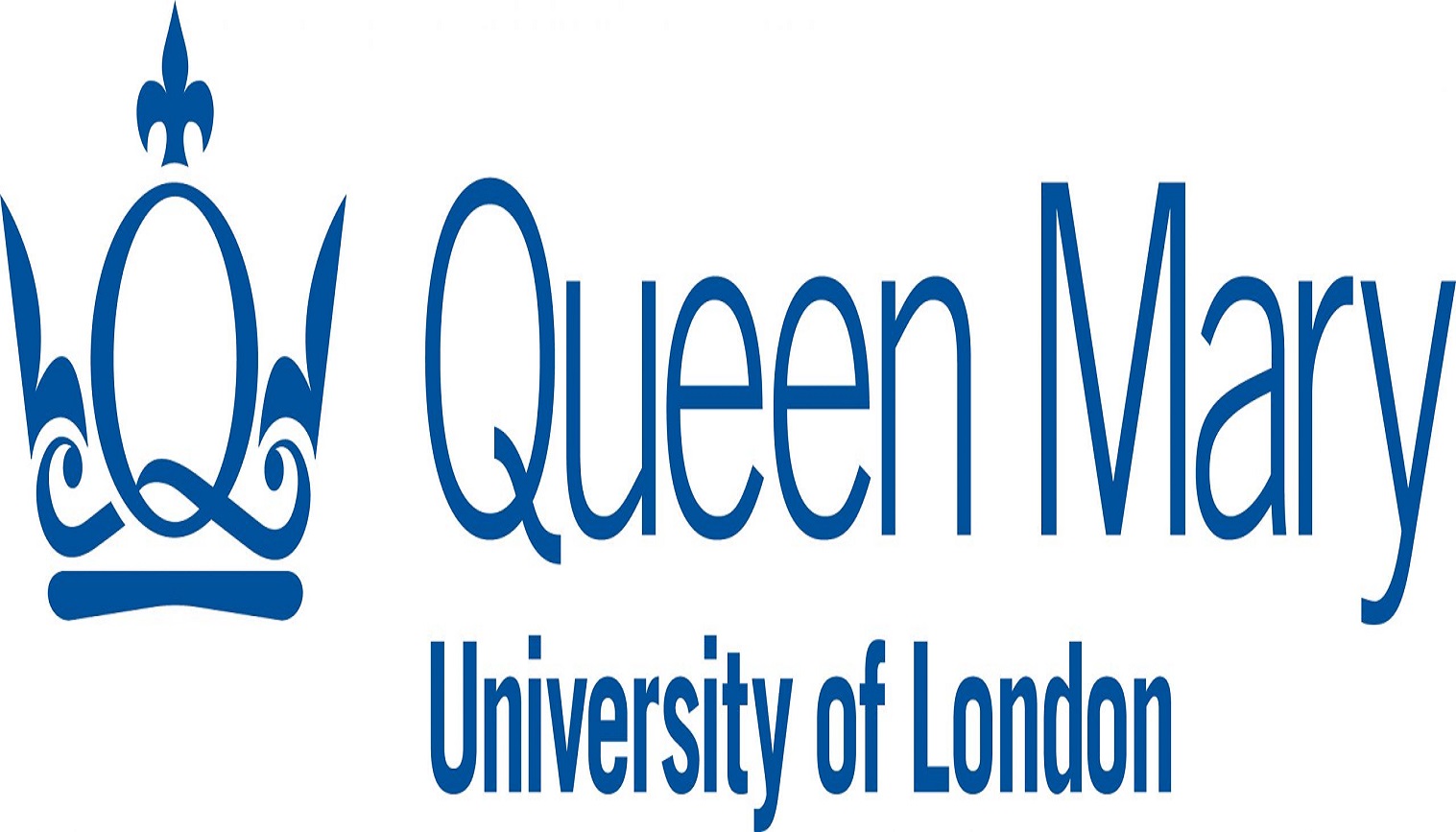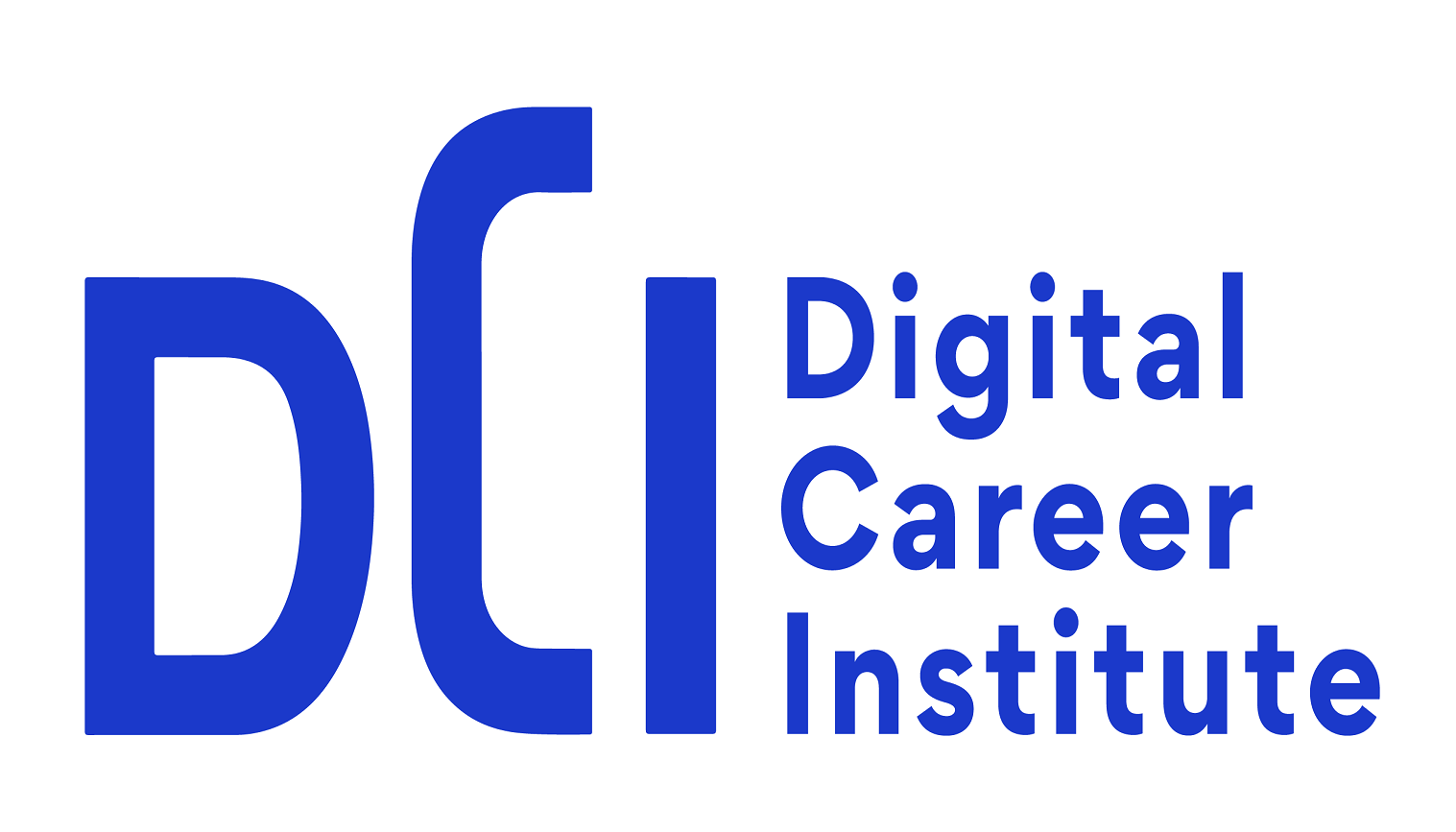
At Bits Spectrum Global, We Understand The Critical Need For Structured, Domain-Specific Technical Training, Especially For Those Pursuing Advanced Research Degrees. Our Upcoming Partnerships, "Unheard Struggles: The Training Deficit In PhD Programs," Sheds Light On The Real-Life Challenges Faced By PhD Holders Who Navigated Their Doctoral Journeys With Limited Access To Essential Technical Training. This Section Features Powerful Stories Which Provides The Bases Of Our Partnerships With Research Laboratories To Bring Domain-Specific Technical Trainings To PhD Candidates With The Aim To Provide A Game Changing Experience To The Overall Quality Of Research From These Laboratories.
Bwebum Dang, PhD.
Post Doctoral Research Associate | University of Salford Manchester
I embarked on my PhD journey in 2015 at the University of Salford Manchester, U.K. in applied mathematics with lots of programming and numerical simulations. Throughout my PhD journey, I encountered numerous challenges that shaped both my academic growth and personal resilience. One of the challenges I faced was the utilization of Fortran for coding Boundary Element Method for simulations of fluid flow. With limited online documentation available, self-learning this programming language was so much a time-consuming work. Additionally, my introduction to Linux added another layer of complexity. The absence of structured guidance meant I had to navigate through all these independently. The learning curve was steep, consuming valuable time that could have been dedicated to research. Reflecting on my journey, I recognize the great impact structured resources and guidance could have had on facilitating my timely PhD completion. I would recommend domain-specific tecnical trainings for research students, particularly PhD students.LinkedIn
Dr. Anaobi Ishaku
Systems Engineer | Anaconda Inc.
In 2019, while pursuing my PhD under Dr. Gareth Tyson at the Networks Lab at Queen Mary University of London, I had access to the Postgraduate Research (PGR) Fund. However, despite this financial support, I lacked structured, domain-specific technical training that would have significantly benefited my research. Consequently, I spent over 8 months of my research time independently learning the Python programming language, various statistical methods, machine learning techniques, and data analysis. This unstructured self-learning approach hindered my progress and limited my time for productive research. With targeted technical training, I could have utilized my time more efficiently, accelerating my research and improving its overall quality.LinkedIn
Dr. Maren David
Business Analytics Technical Lead | Jaguar Land Rover
Specializing in machine learning for aircraft predictive maintenance, I faced a steep learning curve during my PhD. The initial five to six months were consumed by unstructured self-study in machine learning and AI, delaying my actual research. This period was slow and frustrating, with numerous missteps in data preprocessing, feature engineering, and model selection. By the end of my PhD, I realized that early adoption of advanced algorithms, better understanding of hyperparameter tuning, and use of tools like TensorFlow and PyTorch could have drastically improved my research. Structured technical training and earlier exposure to cutting-edge methodologies would have saved time and enhanced the quality and impact of my work.LinkedIn
Join us to hear these compelling stories and learn how Bits Spectrum Global's structured technical training can make a profound difference in the efficiency and quality of doctoral research. Our session aims to address these common challenges and showcase the benefits of our specialized training programs for PhD students and researchers.









Joseph Mamvong, PhD.
Technical Training Consultant | Bits Spectrum Global LTD